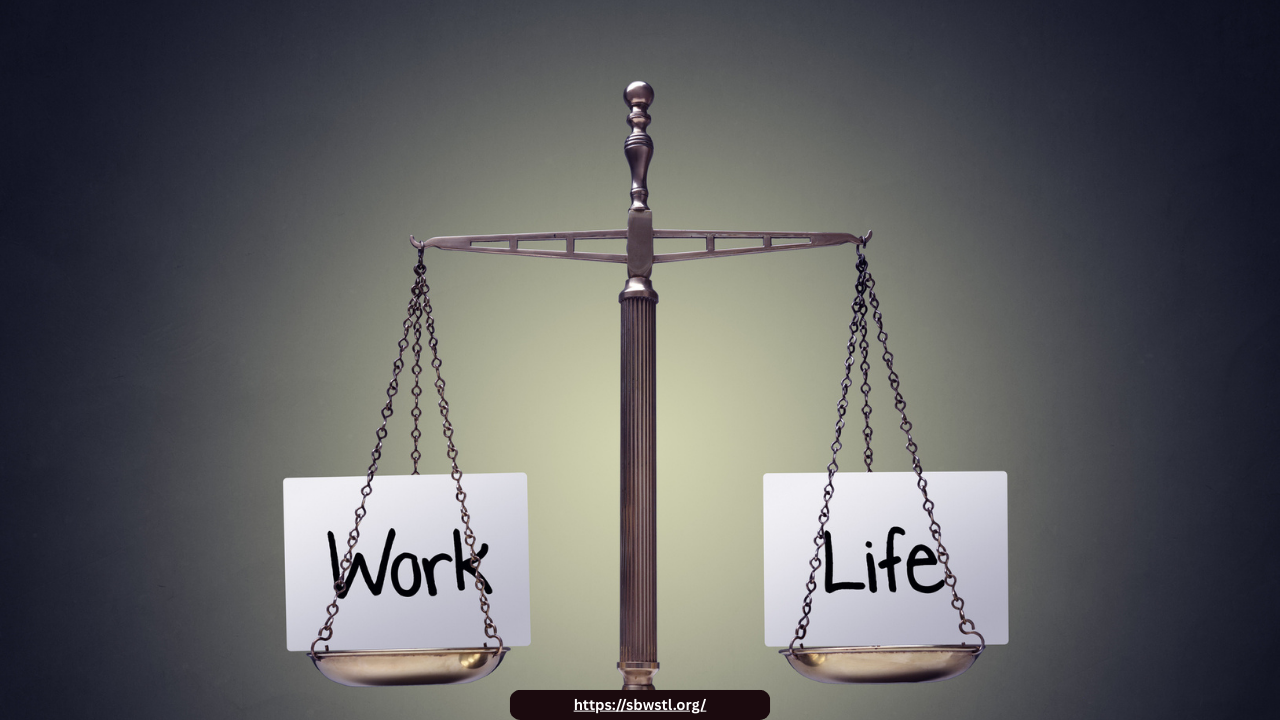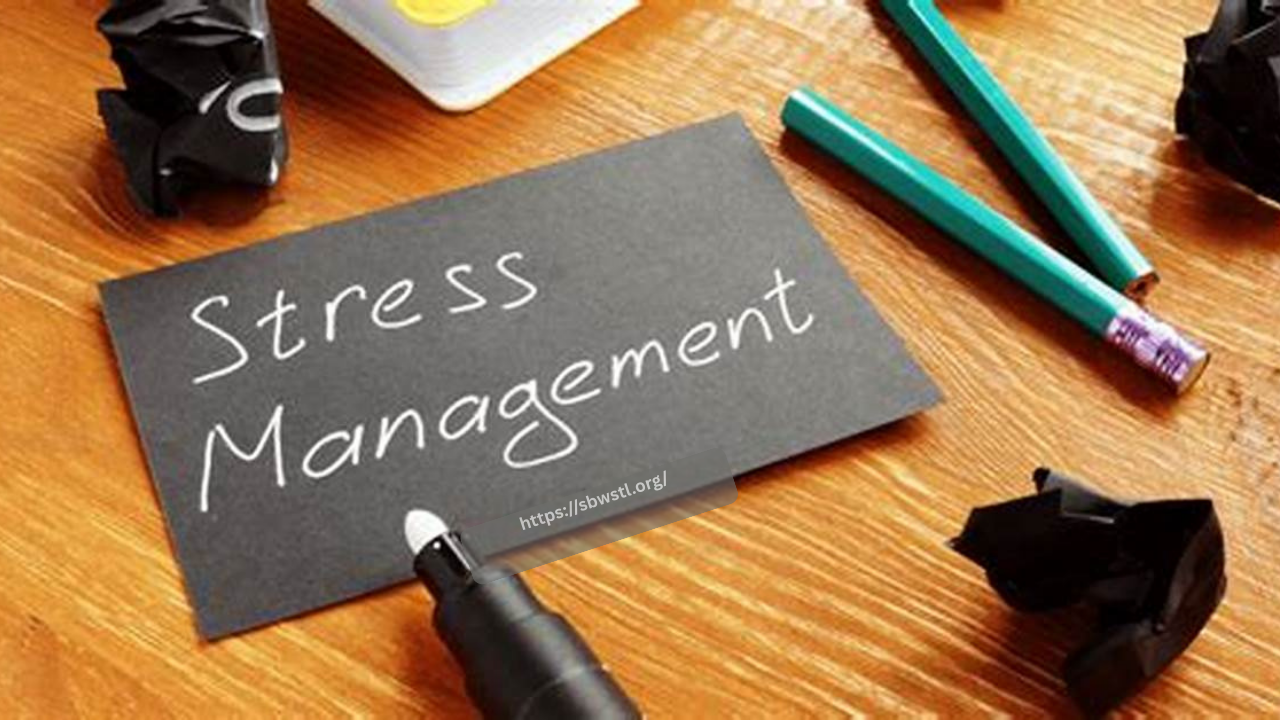Running a business demands relentless energy, quick decisions, and long hours—but for business owners in addiction recovery, the pressure can feel overwhelming. Burnout isn’t just a productivity issue; it can be a serious threat to sobriety. Achieving work-life balance isn’t a luxury—it’s a necessity for maintaining long-term recovery. Fortunately, with intentional strategies, it’s possible to manage both your business and your well-being.
Recognize the Warning Signs of Burnout
The first step in achieving balance is recognizing when you’re drifting off course. Burnout doesn’t happen overnight—it builds over time. Signs include constant fatigue, irritability, difficulty focusing, declining motivation, and feeling emotionally drained. In recovery, these symptoms can mimic relapse triggers, making it essential to act early.
Acknowledging burnout is not a sign of weakness—it’s a sign of strength. It means you’re self-aware and ready to make healthier choices that protect your sobriety and your business.
Redefine Productivity
Many entrepreneurs equate long hours with success. But recovery requires redefining what productivity means. Being productive isn’t about how many hours you work; it’s about how effectively you manage your energy and priorities.
Try adopting the “less but better” mindset. Focus on the highest-impact tasks and delegate or postpone the rest. Use tools like the Eisenhower Matrix or time-blocking methods to structure your day around both business needs and self-care.
Establish Firm Boundaries
Boundaries are one of the most powerful tools for anyone in recovery—and they’re just as crucial in your professional life. Set clear limits for your work hours and communicate them to clients, employees, and even yourself.
Create physical and mental separation between work and personal life. Avoid checking work emails after hours, and carve out time each day for activities that restore your energy—whether that’s attending a meeting, taking a walk, spending time with loved ones, or just resting.
Prioritize Recovery as a Business Asset
Your sobriety is your most valuable asset. Without it, the rest crumbles. Treat recovery-related activities—like therapy, support meetings, or spiritual practices—with the same importance as business meetings. Schedule them into your calendar and guard them with the same seriousness.
Some entrepreneurs worry that taking time away from work for recovery-related activities will hurt their business. In reality, showing up as a healthy, grounded leader makes you more effective in the long run.
Build a Support Network
Isolation is dangerous in both business and recovery. Build a support system of peers, mentors, and fellow entrepreneurs who understand your dual challenges. Whether it’s through a recovery group, professional network, or online forum, surrounding yourself with others who “get it” can offer perspective, accountability, and encouragement.
Final Thoughts
Balancing a business and recovery isn’t easy—but it is absolutely possible. By recognizing the signs of burnout, redefining productivity, setting strong boundaries, prioritizing recovery, and leaning into support, you can move from burnout to balance.
Your business doesn’t have to come at the cost of your well-being. In fact, when you take care of yourself, your business is more likely to thrive. The healthiest business decision you can make is investing in your own recovery—every single day.

